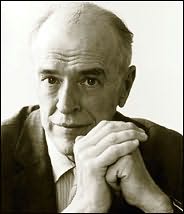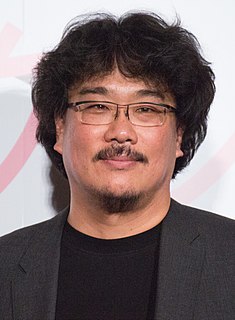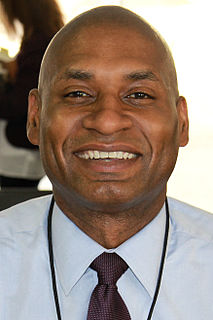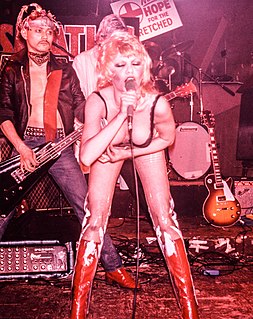A Quote by Zadie Smith
I wouldn't write about people who are living and who are close to me, because I think it's a very violent thing to do to another person. And anytime I have done it, even in the disguise of fiction, the results have been horrific.
Related Quotes
When I need to take a side, I write a newspaper article and I tell my government, "You should not do that, you should do this." They don't listen to me, but I've been doing this for sixty years now. But, when I write a novel, I am not in that business. I follow the way people change. I follow the way people, who are very antagonized to one another become very close to one another and vice-versa. Sometimes I follow the way people who are intimately close to each other move apart.
Love is also a very violent thing. Totally violent. Suddenly, you are, like, at this party your friends invite you to, and you meet this person, and your life is turned upside down, and the next day you can't stop thinking about them. That's violent. Hopefully, it's for the better, but it's a violent thing.
I write fiction longhand. That's not so much about rejecting technology as being unable to write fiction on a computer for some reason. I don't think I would write it on a typewriter either. I write in a very blind gut instinctive way. It just doesn't feel right. There's a physical connection. And then in nonfiction that's not the case at all. I can't even imagine writing nonfiction by hand.
This fact was something I also learned from this first novel that I needed personal experience to invent, to fantasize, to create fiction, but at the same time I needed some distance, some perspective on this experience in order to feel free enough to manipulate it and to transform it into fiction. If the experience is very close, I feel inhibited. I have never been able to write fiction about something that has happened to me recently. If the closeness of the real reality, of living reality, is to have a persuasive effect on my imagination, I need a distance, a distance in time and in space.
I think it's important to humanize history; fiction can help us remember. A lot of books I've read in the past have been so much more important than textbooks - there is an emotional connection with one particular person. I'm very much of a research-is-important type of fiction writer, even for contemporary fiction. I wrote about blogs in America and I've never blogged. But I read many, many blogs - usually about feminist things, or about race, or about hair.
I'm still the same person I've always been. I can't say exactly what I'll do; I'm an excessive person. Talk about violence-----I don't do anything violent. Talk about violence, what's going on in Nicaragua? What's going on in El Salvador? That's violent. What are they doing to the planet with chemicals and acid rain? That's violent. What are people doing to each other? Raping. That's violent. I'm striking out at ac icon that has no life. There's a big difference between what has life and what doesn't. I mean. I've been a vegetarian for 16 years.
We tend to think that, in a traditional organisation, people are producing results because management wants results, but the essence of a high-quality organisation is people producing results because they want the results. It's puzzling we find that hard to understand, that if people are really enjoying, they'll innovate, they'll take risks, they'll have trust with one another because they are really committed to what they're doing and it's fun
Burroughs called his greatest novel 'Naked Lunch,' by which he meant it's what you see on the end of a fork. Telling the truth. It's very difficult to do that in fiction because the whole process of writing fiction is a process of sidestepping the truth. I think he got very close to it, in his way, and I hope I've done the same in mine.







































